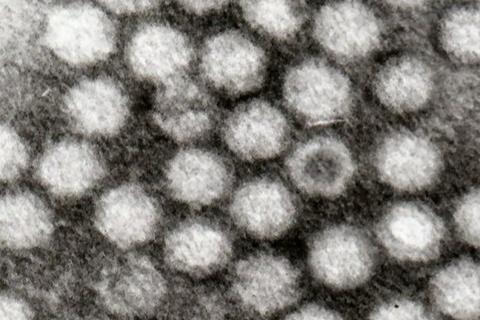Recent clinical trials utilizing high doses of adeno-associated virus (AAV) vectors have highlighted a new challenge to AAV gene transfer – activation of the complement system.

A new article in the peer-reviewed journal Human Gene Therapy describes how a convergence of AAV-specific, environmental, and patient-specific factors shaping complement responses likely contribute to differential outcomes seen in clinical trials.
Complement responses may contribute to priming of the adaptive immune system or serious adverse events such as hepatotoxicity and thrombotic microangiopathy.
Complement system
“Extensive research has been conducted on the complement system that affords the gene therapy community a wealth of information that can be utilized towards developing studies to examine the interplay of complement and AAV as well as mitigation strategies,” stated coauthors Klaudia Kuranda and colleagues from Spark Therapeutics.
The authors provide a comprehensive review of the complement cascade with a focus on AAV-complement interactions observed in vitro, complement activation in pre-clinical and clinical studies, and potential mitigation of complement activation within the context of complex human biology.
“Complement activation has now been recognized as one of the potential dose-limiting toxicities of high-dose intravenous gene therapy AAV vectors,” says Editor in Chief Terence R. Flotte, MD, Celia and Isaac Haidak Professor of Medical Education and Dean, Provost, and Executive Deputy Chancellor, University of Massachusetts Medical School. “The review by Kuranda and colleagues is timely and important as the use of AAV vectors expands.”







No comments yet